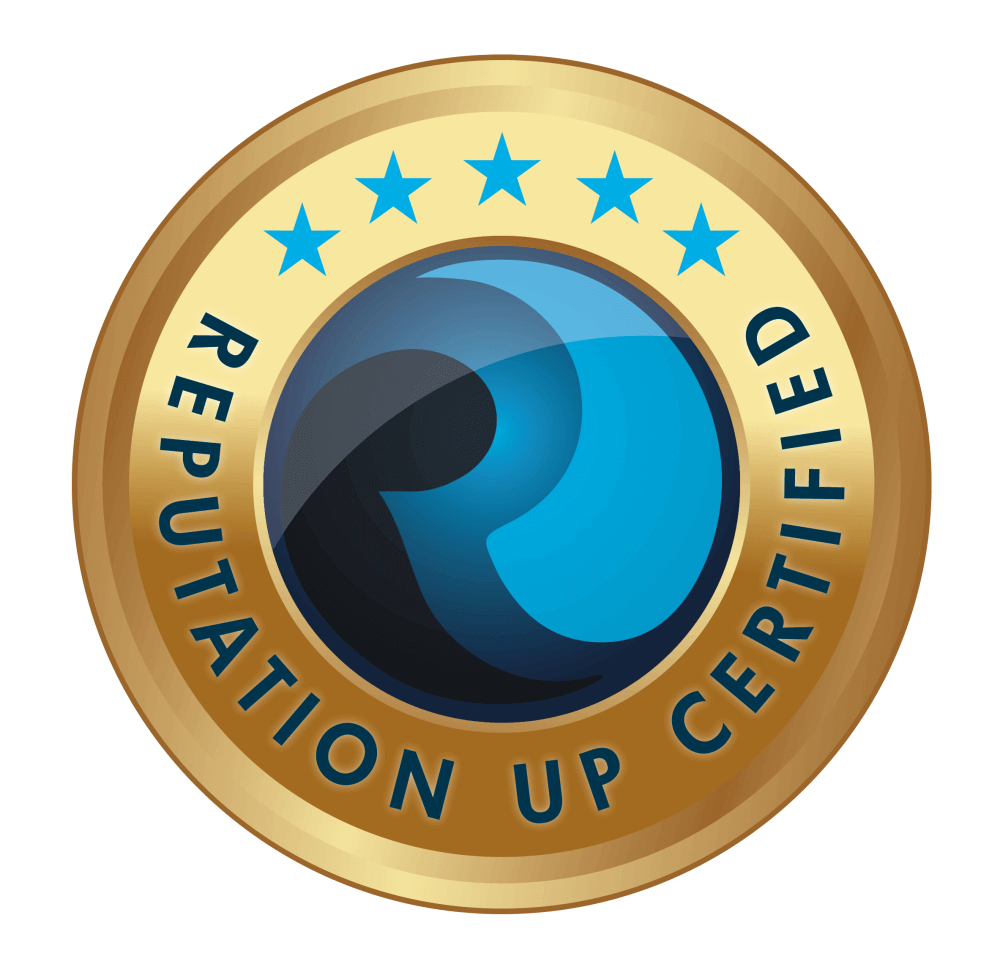In a world where first impressions are formed through a Google search, controlling what appears about you online is no longer an option: it’s a necessity. A single negative article—even an old, inaccurate, or unfounded one—can tarnish your reputation for years.
Often, this content ranks high in the results and remains there forever, influencing career, business, and personal decisions.
The good news is that you can remove negative information from Google that damage your image, as long as you follow the appropriate steps. This process involves knowing your rights, applying the available legal and technical avenues, and building a solid strategy to protect your digital identity.
In this guide, we explain everything: from how search results work to step-by-step instructions to get that content removed or lose visibility. Because on the internet, the truth needs active defense.
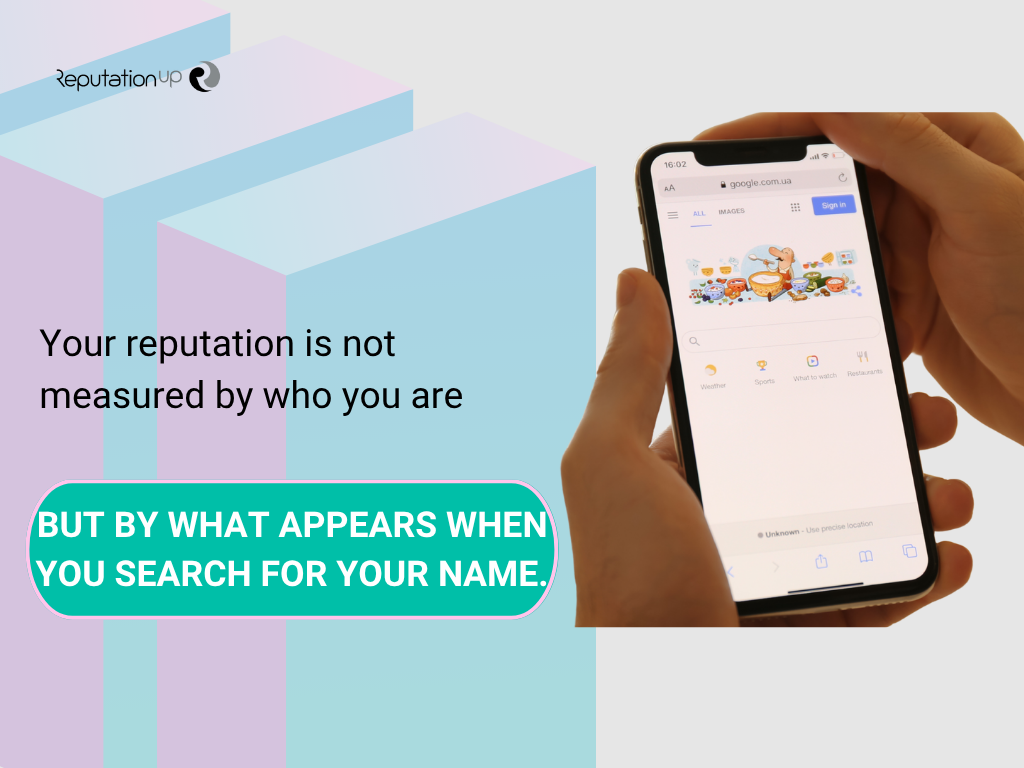
Why does Google show harmful articles?
Google doesn’t filter or validate the veracity of the content it displays. Its algorithm prioritizes relevance, traffic, age, and site authority, but doesn’t consider whether a news story is unfair, out of context, or false.
This means that a negative post can rank high for purely technical reasons, even if it has already been debunked or refers to irrelevant facts.
For example, if a digital media outlet publishes a story about you, even if it contains errors or presents incomplete facts, Google may keep it at the top of the rankings for years, especially if other sites replicate it.
This is known as the amplification effect, and it is exacerbated when the news is linked with labels such as “corruption,” “fraud,” or “investigation,” which increase its visibility.
The search engine doesn’t evaluate context or outcome: what appears on Google often doesn’t reflect the truth, but rather a frozen fragment of the past. As a result, many people’s lives are affected without having committed any crime.
“Google doesn’t invent the damage, but it keeps it visible indefinitely. Without intervention, your reputation becomes trapped in an incomplete narrative,” explains Andrea Baggio, CEO of ReputationUP.
What type of content can be removed from Google?
Not all negative content can be removed, but there are specific categories that, under certain criteria, can be removed from the search engine. These situations are supported by current legislation and Google’s internal policies.
Outdated news or news without a court ruling
Publications that report investigations, complaints, or legal proceedings that were never concluded or ended without a conviction can represent a form of stigmatization.
When there is no subsequent update or right of reply, the continued existence of the content becomes harmful and disproportionate. In these cases, its removal may be requested due to reputational damage and violation of the principle of timeliness.
Defamatory blogs and opinions
Many forums or personal pages allow you to post content without editorial verification. Anonymous criticism, unfounded accusations, or personal attacks can rank high on Google and harm your reputation.
If the content lacks evidence, contains offensive language or violates your dignity, it may be removed.
Public documents poorly indexed
In some cases, Google displays legal documents that are no longer valid: old rulings, official gazettes, and records of closed cases. Although they are technically public, their continued presence may violate your right to be forgotten if the information is no longer relevant.
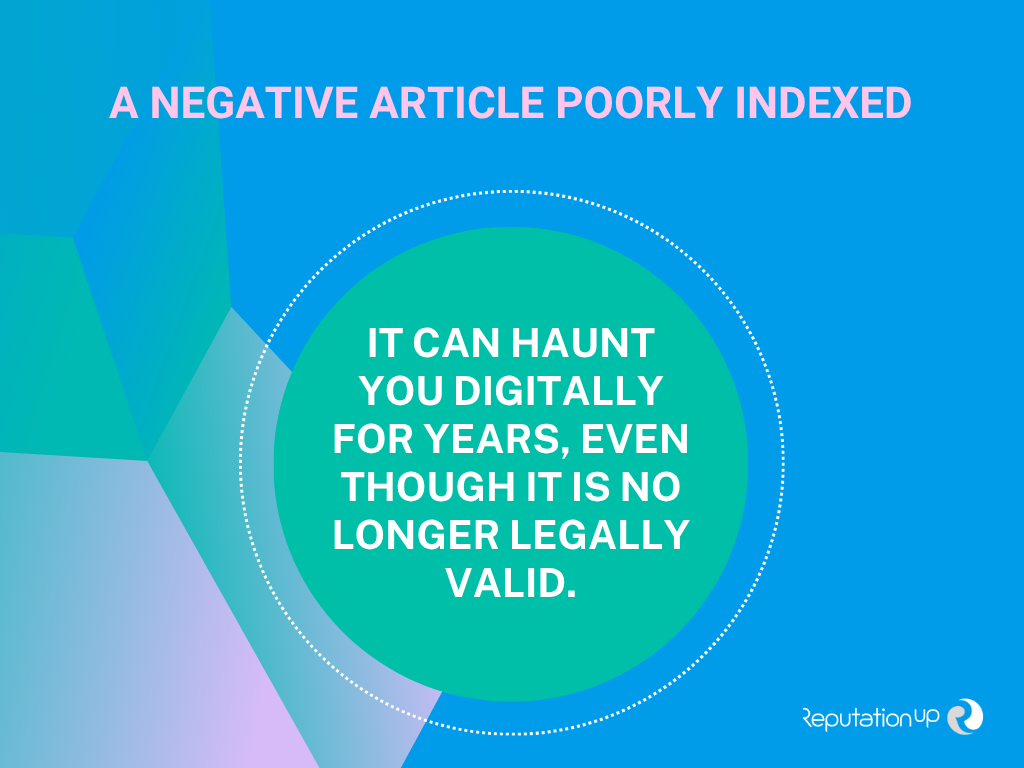
“We have successfully managed the removal of public documents that were damaging to our clients’ image, even without legal errors, only due to the continued reputational damage,” adds Juan Ricardo Palacio, a digital reputation expert.
What are the consequences of a negative article on Google?
The presence of harmful content in search engines has tangible effects: from professional rejection to banking restrictions by automated systems that interpret this information as signs of reputational risk.
Professional and commercial rejection
According to CareerBuilder, 70% of employers reject candidates after finding negative information online. The same goes for investors, suppliers, and partners who cancel deals after a simple search. Google has become the trusted evaluator for any career decision.
Emotional and reputational damage
In addition to the financial consequences, victims of defamatory content experience anxiety, depression, and isolation. A Pew Research Center study indicates that 32% of those suffering from a negative digital reputation experience symptoms of stress or psychological distress.
Restrictions on financial services
Some banks use automated online monitoring systems. If they detect articles about investigations or scandals—even if they haven’t been prosecuted—they can close accounts or deny services. This is especially true in countries with strict compliance regulations.
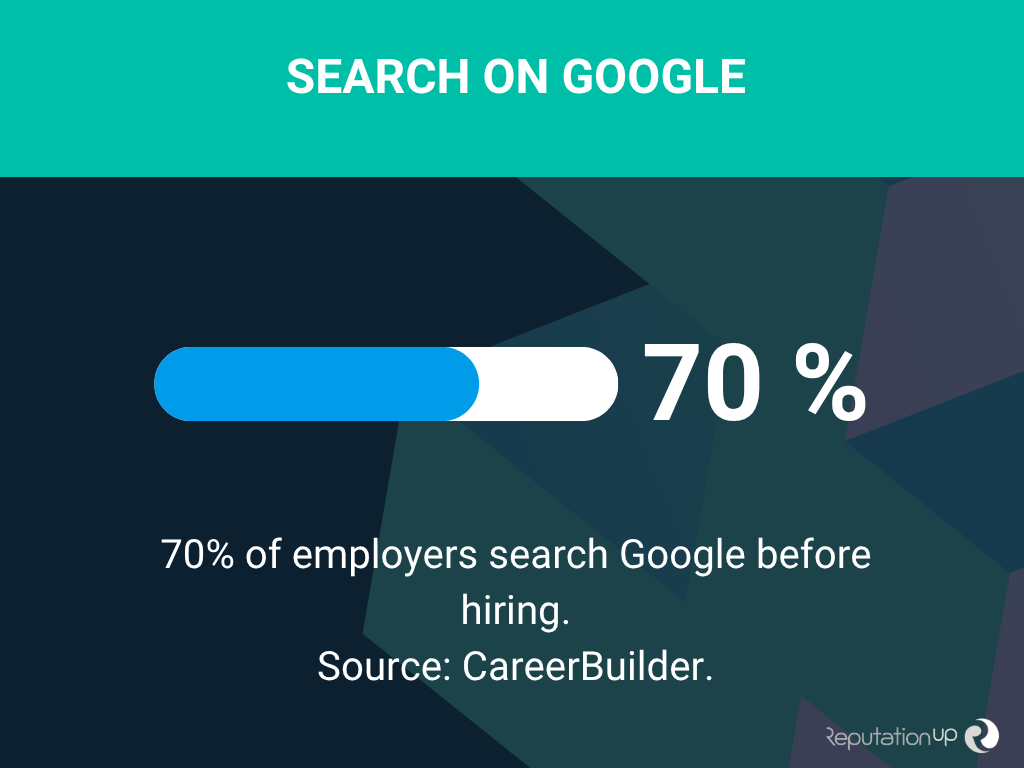
Is it legal to delete articles from Google?
Yes. In most jurisdictions there is regulatory support to request the removal or De-indexing on Google when your reputation, honor, or privacy is violated. The principle is clear: if the information is no longer relevant, is false, or unjustifiably affects your life, you can demand that it no longer appear in searches.
In the European Union, this is supported by Article 17 of the General Data Protection Regulation (GDPR). In Latin America, laws such as the Habeas Data Law in Colombia, Peru, and Argentina also allow for this. Even Google recognizes this right in its official forms.
This isn’t about censorship, but rather a balancing act between the public interest and individual rights. The European Court of Justice has already ruled on multiple occasions in favor of individuals who successfully removed old, irrelevant, or harmful content from search results.
“Deleting an article doesn’t erase history, but it does allow for fair, up-to-date, and proportionate public information,” Andrea Baggio emphasizes.
Professional guide to removing articles from Google step by step
1. Make an accurate diagnosis of the content
Before taking action, identify the exact links, analyze the type of site where they are hosted, and assess the type of impact. Identify problematic links and assess the legitimacy of the content. You can start this phase with a complete online reputation analysis.
2. Contact the media or website
In many cases, content can be removed directly by the author, editor, or webmaster. ReputationUP handles this communication legally and strategically, arguing reputational damage and informational imbalance. This approach is often faster than a request to Google.
3. Request deindexing on Google
If the content can’t be removed, you can request that it not appear in search results. Google has specific forms for this:
- Right to be Forgotten Form (EU)
- Form for defamation or sensitive content
The request must be well documented: a copy of the identification document, a direct link, context, and evidence of the harm.
4. Strengthen your case with legal support
Rely on your country’s regulations. The GDPR, the LOPDGDD in Spain, or the Brazilian Data Protection Law (LGPD) provide you with solid legal tools. The clearer and more formal your approach, the stronger your claim will be.
5. Accompany the process with positive content
Eliminating the negative isn’t enough. To strengthen your image long-term, you need to build a positive digital narrative: professional articles, interviews, collaborations, optimized profiles.
Not only does this improve your reputation, but it helps Google show what you really want to highlight.
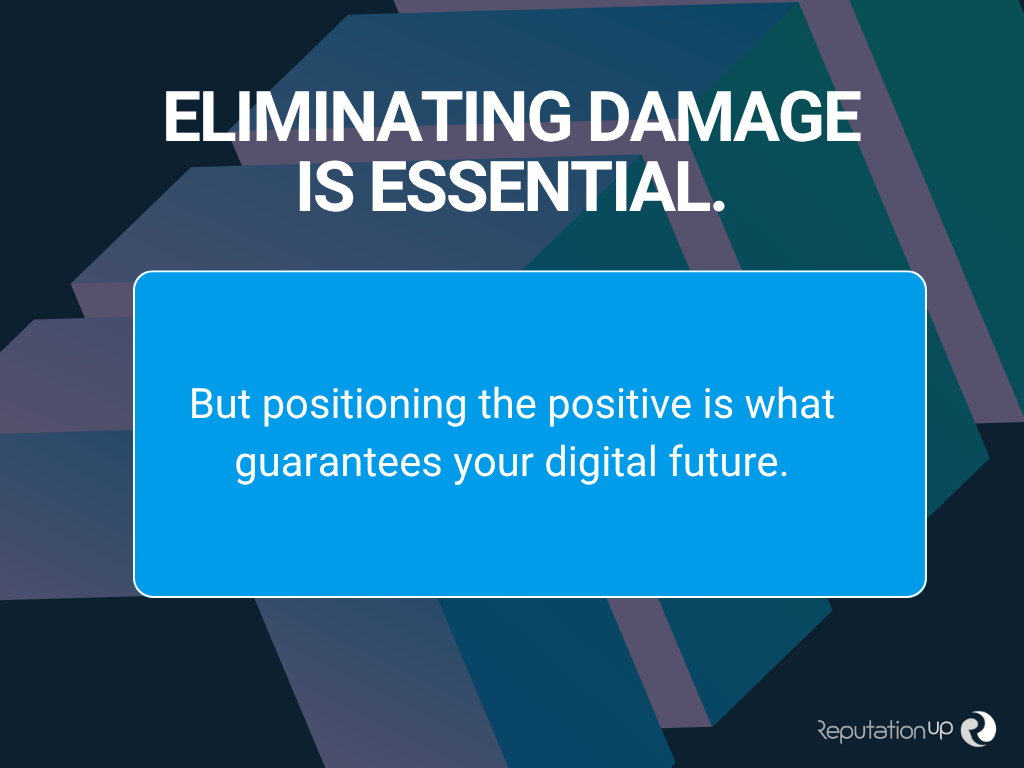
How can ReputationUP help you?
ReputationUP leads the industry in removing harmful content, with a legal, technological, and strategic approach. Its team combines expert data protection lawyers, SEO experts, and reputational consultants to ensure real results.
We offer:
- Content analysis and diagnosis
- Contact with media, authors and web portals
- Formal requests to Google with legal support
- Removing indexed sources
- Creation and positioning of positive content
- Continuous monitoring and follow-up
“Our difference lies in combining the technical with the legal. We don’t ask: we argue and we achieve,” concludes Juan Ricardo Palacio.
Conclusion
On the internet, reputations are built… but they can also be destroyed with a single search. Leaving negative posts on Google is like allowing a distorted version of yourself to speak for you every day.
Therefore, deleting articles from Google isn’t about erasing the past, but rather about defending your present and protecting your future. With the right approach, you can regain control over your digital image and ensure that the first thing the world sees about you is fair, current, and truthful.
Do you have content that’s damaging your image on Google? Contact ReputationUP and start the journey to restoring it today.
Frequently Asked Questions (FAQ)
Not all, but those that are outdated, fake, incomplete, or disproportionately impact your image.
It depends on the case. Direct contacts can take between 7 and 21 days. Requests to Google are typically resolved within 30 to 90 days.
You can request de-indexing from Google or contact data protection authorities.
Yes, many countries have laws similar to the European GDPR. ReputationUP adapts its strategy to each legal framework.
It’s possible, but having experts like ReputationUP exponentially increases your chances of success.

